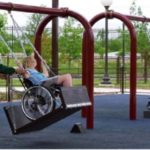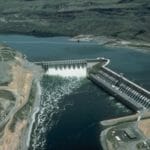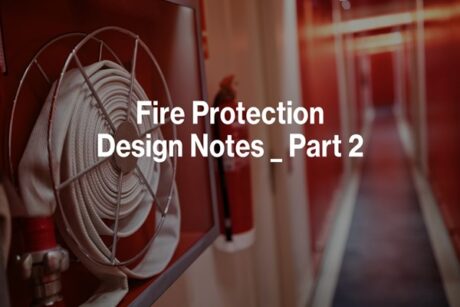No data found for Custom Course Number
No data found for Custom Course Units
Intended Audience: civil engineers and other design and construction professionals
PDH UNITS: 3
This publication contains guidance for the operation and maintenance of various types of water distribution system appurtenances. Discussed are valves and hydrants; flow, pressure and level sensors; transmission systems; indicators, registers and recorders; water meters, weirs and flumes; and backflow devices. Course Outline 1. VALVES AND HYDRANTS 2. INSTRUMENTATION AND CONTROLS (I&C), AND WATER METERS 3. CROSS-CONNECTION CONTROL AND BACKFLOW PREVENTION This is an introduction to the operation and maintenance of water distribution systems.
Learning Objectives
At the successful conclusion of this course, you’ll be able to identify and discuss:- Learn recommended operation and maintenance procedures and schedules for valves and fire hydrants;
- Learn about recommended operation and maintenance procedures and schedules for flow, pressure and level sensors;
- Learn the recommended operation and maintenance procedures and schedules for data transmission systems;
- Learn recommended operation and maintenance procedures and schedules for flow indicators, registers and recorders;
- Learn about recommended operation and maintenance procedures and schedules for water meters and other flow measuring devices;
- Learn the recommended operation and maintenance procedures and schedules for cross-connection control devices; and
- Learn about inspection of backflow devices.
Once completed, your order and certificate of completion will be available in your profile when you’re logged in to the site.
Ethics Courses
Course No E - 1326
PDH Units 3.00










